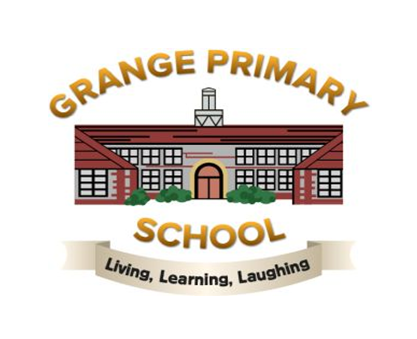Reception
Welcome to Reception!
There are two teachers in Reception – Mrs Camm and Mrs Pointon. Miss Neale is currently the class teacher in Mrs Pointon's class, until she returns from maternity leave. Our teaching assistants are Mrs Johnson, who works in Mrs Camm's class, and Mrs Birks, who works in Mrs Pointon's class.

Mrs Camm

Mrs Pointon

Mrs Birks

Mrs Johnson

Mrs Roberts EYFS Lead
Important notices
Every child should arrive at school on time and ready to learn. We will open our gates at 8:35am and children need to have arrived by 8:45am to ensure they do not receive a late mark in the register. The gates will shut promptly after 8:45am. Being on time each day will enable your children to receive the best of their learning opportunities.
P.E
The children will be doing P.E with Mr. Oliver each week on a Thursday. Your child should come to school wearing their PE kit.
Keeping in Touch
As a school and a year group, we share information via the platform WEDUC. Please ensure you sign up to WEDUC at the start of the year, as we do not want you to miss any important information. We update you on any key events in school, any school menu changes and newsletters on WEDUC.
Please contact the office if there are any changes with personal details e.g., new address or change to mobile phone numbers.
Tapestry
We love sharing your child's learning and time at school. We use Tapestry to capture those important learning moments, by regularly uploading photos and observations of your child. Tapestry is a great tool to be able to share and talk about your child's day with them and to be able to show them that you are proud of their achievements in school.
Uniform and School Essentials
As well as wearing the correct uniform for school, it is important that your child's uniform is clearly labelled. We also ask that your child's water bottles are labelled. This is important, as it helps your child recognise their belongings and helps members of staff to be able to ensure that your child has their correct belongings each day. Please can we also ask that your child brings a waterproof coat each day and appropriate footwear, as every day we access outdoor provisions.
Diary Dates!
- Tuesday 8th October- Welly Day
- 16th and 17th October – Parents Evening
- 25th October – Break up for half term
- 4th November – INSET day
- 5th November - Back to school
Reading and Homework Expectations
The children will have many opportunities to read and enjoy books throughout the week at school, especially with our learning being focused around a specific story and having story times every day. We love sharing stories in Continuous Provision, where the children have access to range of different genres and types of books.
After the October half term, the children will visit the school library each Tuesday, where they can choose both fiction and non-fiction books. The children always love being able to choose their own book to take home and share with their adults.
Each week your child will bring home a reading book to share with you. They begin at our red colour stage, where we focus solely on comprehension skills and once your child is beginning to be aware of sounds and blending, your child will have a phonetically and decodable story book. We ask that your child reads at home, at the minimum of three times a week. Reading at home and discussing books with your child is a great way to build on and improve not only their reading fluency, but also their wider reading skills such as inference and comprehension. Regular readers who record it in their reading diary are rewarded with bronze stickers.
Homework will be sent via Tapestry or WEDUC each week on a Thursday.
What do we learn in Reception?
Click here to download our Reception Curriculum Overview
Please read this half-term newsletter to see how you can support your child's learning at home.
End of Year Reception Expectations
Here you will find information for parents and carers on the end of year expectations for children in our school. Throughout the year we work towards the Early Learning Goals, which are outlined by the Government. Each child is assessed against these at the end of the year. These skills are identified as being the minimum requirements your child must meet, in order to ensure continued progress throughout the following year. Any extra support you can provide in helping your children to achieve these is greatly valued.
If you have any queries regarding the content on this page or want support in knowing how best to help your child please talk to your child’s teacher.
Early Learning Goals
Recommended Links
On-line safety
More and more children in early years have their own tablets or borrow their parents' devices to play games, use apps and watch their favourite TV shows. See advice on simple things you can do to make sure they are staying safe on-line.
To see how Grange Primary School safeguard your child on-line whilst they are at school, please click on the link below to our on-line safety page.
